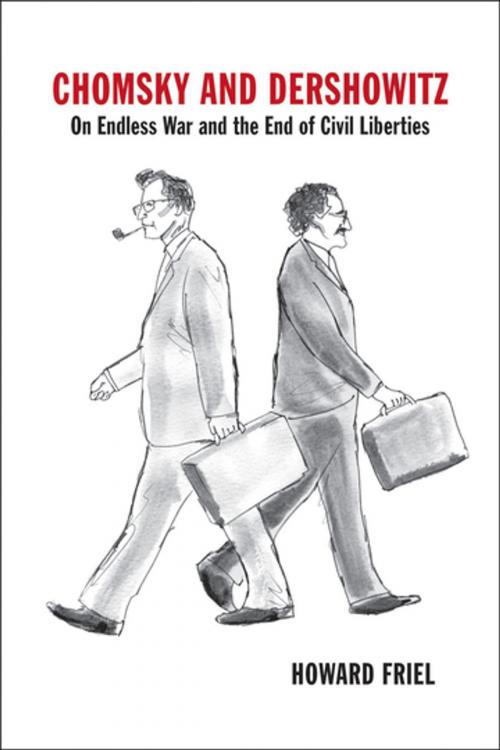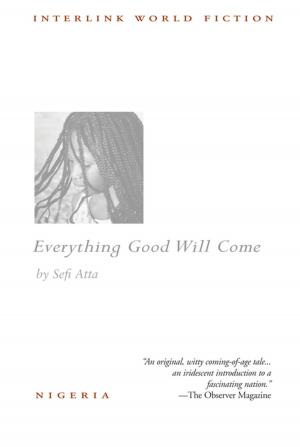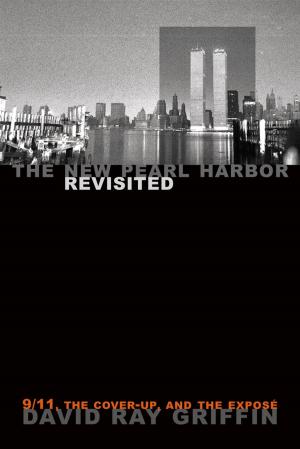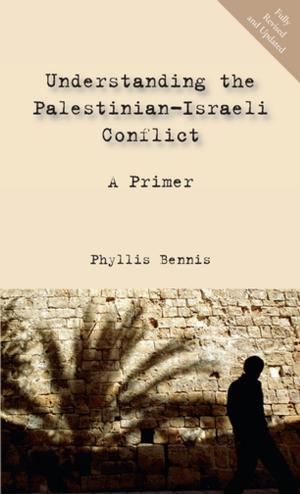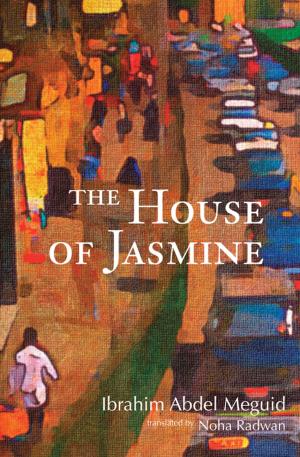Chomsky and Dershowitz
On Endless War and the End of Civil Liberties
Nonfiction, Social & Cultural Studies, Political Science| Author: | Howard Friel | ISBN: | 9781623710354 |
| Publisher: | Interlink Publishing | Publication: | September 21, 2013 |
| Imprint: | Interlink Books | Language: | English |
| Author: | Howard Friel |
| ISBN: | 9781623710354 |
| Publisher: | Interlink Publishing |
| Publication: | September 21, 2013 |
| Imprint: | Interlink Books |
| Language: | English |
Through the lens of a careful assessment of the political views of MIT’s Noam Chomsky and Harvard’s Alan Dershowitz-the two protagonists of a Cambridge-based feud over the past forty years-author Howard Friel chronicles an American intellectual history from the U.S. war in Vietnam in the 1960s to the contemporary debate about the Israel-Palestine conflict.
Major findings reveal the consistency of Chomsky’s principled support of international law, human rights, and civil liberties, and a reversal by Dershowitz from support in the 1960s to opposition of those legal standards today. Whereas Chomsky has opposed aggressive war (including by the United States and Israel) throughout his academic career, Dershowitz moved from opposing the war in Vietnam to supporting the U.S.-led war on terrorism, which includes preventive wars,” preemptive attacks,” armed reprisals, and targeted extrajudicial killings. Although Dershowitz once opposed the Nixon administration’s assault on civil liberties, he now writes favorably about a jurisprudence of the preventive state” in the United States, which would likely legalize preventive surveillance,” preventive interrogations,” and preventive detentions.”
Friel’s volume argues that a Chomskyan adherence by the United States to international law and human rights would reduce the threat of terrorism and preserve civil liberties, that the Dershowitz-backed war on terrorism increases the threat of terrorism and undermines civil liberties, and that the incremental but steady transition toward a preventive state threatens the permanent suspension of civil liberties in the United States.
Major findings reveal the consistency of Chomsky’s principled support of international law, human rights, and civil liberties, and a reversal by Dershowitz from support in the 1960s to opposition of those legal standards today. Whereas Chomsky has opposed aggressive war (including by the United States and Israel) throughout his academic career, Dershowitz moved from opposing the war in Vietnam to supporting the U.S.-led war on terrorism, which includes preventive wars,” preemptive attacks,” armed reprisals, and targeted extrajudicial killings. Although Dershowitz once opposed the Nixon administration’s assault on civil liberties, he now writes favorably about a jurisprudence of the preventive state” in the United States, which would likely legalize preventive surveillance,” preventive interrogations,” and preventive detentions.”
Friel’s volume argues that a Chomskyan adherence by the United States to international law and human rights would reduce the threat of terrorism and preserve civil liberties, that the Dershowitz-backed war on terrorism increases the threat of terrorism and undermines civil liberties, and that the incremental but steady transition toward a preventive state threatens the permanent suspension of civil liberties in the United States.
Through the lens of a careful assessment of the political views of MIT’s Noam Chomsky and Harvard’s Alan Dershowitz-the two protagonists of a Cambridge-based feud over the past forty years-author Howard Friel chronicles an American intellectual history from the U.S. war in Vietnam in the 1960s to the contemporary debate about the Israel-Palestine conflict.
Major findings reveal the consistency of Chomsky’s principled support of international law, human rights, and civil liberties, and a reversal by Dershowitz from support in the 1960s to opposition of those legal standards today. Whereas Chomsky has opposed aggressive war (including by the United States and Israel) throughout his academic career, Dershowitz moved from opposing the war in Vietnam to supporting the U.S.-led war on terrorism, which includes preventive wars,” preemptive attacks,” armed reprisals, and targeted extrajudicial killings. Although Dershowitz once opposed the Nixon administration’s assault on civil liberties, he now writes favorably about a jurisprudence of the preventive state” in the United States, which would likely legalize preventive surveillance,” preventive interrogations,” and preventive detentions.”
Friel’s volume argues that a Chomskyan adherence by the United States to international law and human rights would reduce the threat of terrorism and preserve civil liberties, that the Dershowitz-backed war on terrorism increases the threat of terrorism and undermines civil liberties, and that the incremental but steady transition toward a preventive state threatens the permanent suspension of civil liberties in the United States.
Major findings reveal the consistency of Chomsky’s principled support of international law, human rights, and civil liberties, and a reversal by Dershowitz from support in the 1960s to opposition of those legal standards today. Whereas Chomsky has opposed aggressive war (including by the United States and Israel) throughout his academic career, Dershowitz moved from opposing the war in Vietnam to supporting the U.S.-led war on terrorism, which includes preventive wars,” preemptive attacks,” armed reprisals, and targeted extrajudicial killings. Although Dershowitz once opposed the Nixon administration’s assault on civil liberties, he now writes favorably about a jurisprudence of the preventive state” in the United States, which would likely legalize preventive surveillance,” preventive interrogations,” and preventive detentions.”
Friel’s volume argues that a Chomskyan adherence by the United States to international law and human rights would reduce the threat of terrorism and preserve civil liberties, that the Dershowitz-backed war on terrorism increases the threat of terrorism and undermines civil liberties, and that the incremental but steady transition toward a preventive state threatens the permanent suspension of civil liberties in the United States.
